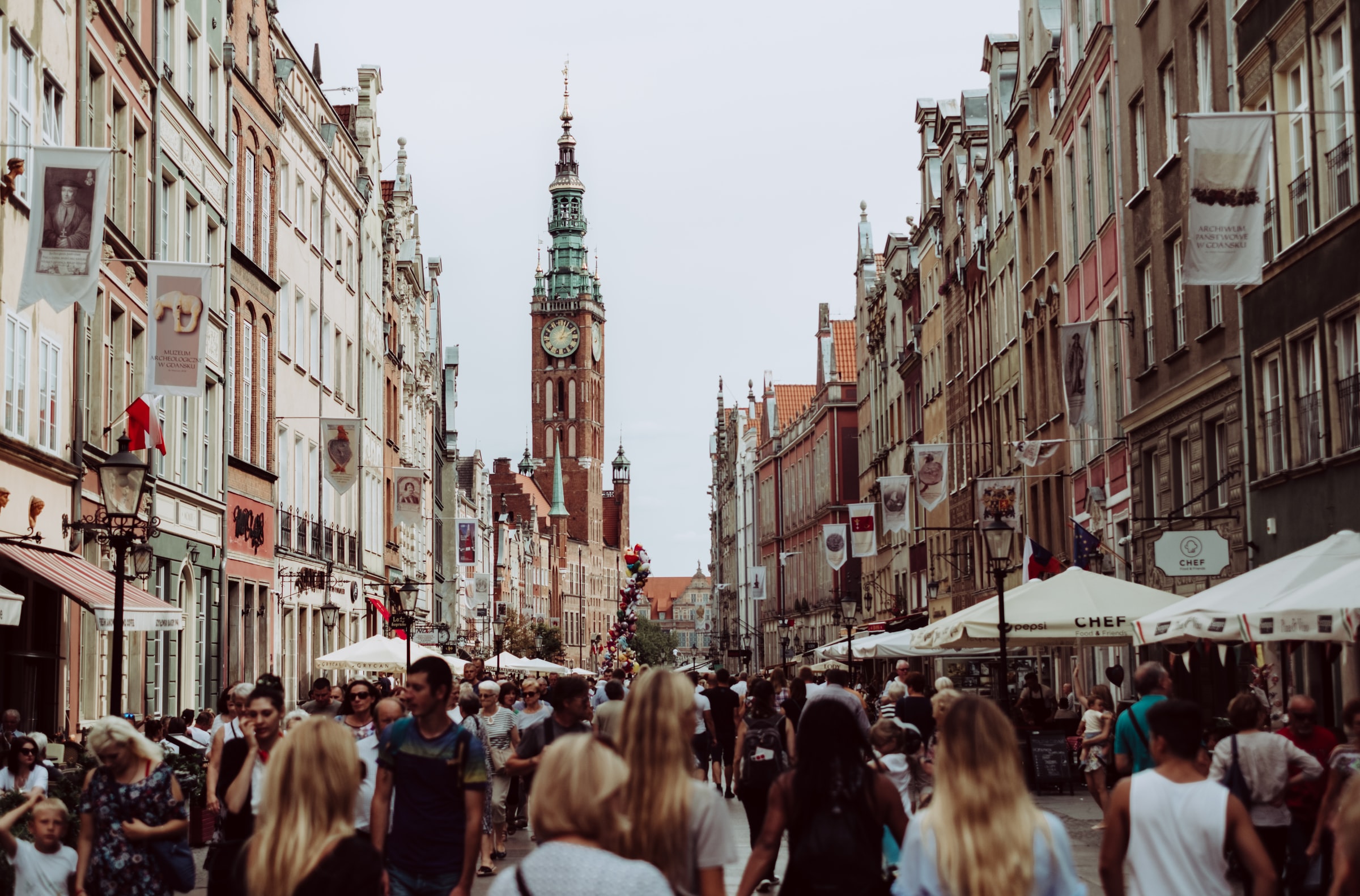The 4th partition
Even with a wild imagination it is hard to imagine a coalition or even a civil cooperation between PO and PiS. The two parties are like two hostile tribes fighting for the electorate. It is a miracle that the aggression and polarisation in the Polish public debate hasn’t led to a battery in the parliament yet.
But how did that happen? Why can’t the two parties representing the vast majority of the Polish population coexist and fight on a meritocratic level? The story begins in 2001.
In the beginning of their existence, in the year 2001 the parties were ideologically relatively close to each other, even forming a coalition for the regional elections in 2002. Both parties were supporters of Poland’s entrance into the EU. Both had a conservative rhetoric, aimed to attack and hurt a common enemy, the SLD, (the party emerged from the “Unified Polish workers party” PZPR, the communist party), which governed Poland between 2001 and 2005. Surprisingly enough both parties were also more economically liberal than they are now, with PiS being the more social option of the two.
The break came in the year 2005, the year of both the parliamentary and presidential elections. After the regional elections and the electoral coalition of the two parties in 2002, many public commentators expected a continuation of the cooperation. The then disgraced SLD ceased to be a relevant option for a government formation, PiS and PO were expected to be the two strongest parties in the next parliament. A big coalition of two ideologically close parties seemed to be the most likely option.
However the campaign demonstrated that the rules of the game were changed. Although still similar in their goals and rhetoric’s, the parties understood the new order of the Polish political scene: They were antagonists. Briefly explained: The main axis of political disagreement between PiS and PO at that time was economic. In the campaign PiS presented an ultimatum for the voter: Polska solidarna, albo Polska liberalna (a social Poland, or a liberal Poland).
PiS won both the parliamentary and presidential elections. The negotiations to form a coalition failed and PiS formed a government with two other parties. In order to understand the current political situation though we need to also look at them.
LPR (The League of Polish Families) was a catholic right wing party, being the only significant political formation opposing Poland’s participation in the EU. Samoobrona, a hard to define social-populist party with both right and left wing elements did not openly oppose the EU, however euro-sceptic sentiments inside the party were not insignificant. The electorate of both parties was traditionalist, anti-elitist and seated mostly in smaller cities and rural areas of Poland. Huge parts of the private media turned very strongly against the government coalition, indirectly, or openly supporting the Civic Platform.
The formed coalition broke up in 2007 with the unstable government, consisting of controversial figures having alienated huge portions of the moderate electorate. In the resulting elections the country was relatively much more motivated to vote, frustrated by the 2005-2007 experience.
The voter turnout amounted to 16.5 million voters (53.9%) versus the 11.8 Million (40.6%) in the year 2005. Both PiS and PO were able to increase their results substantially, however the higher turnout resulted in a crushing win for the Civic Platform. With 6.7 Millions of votes (41.5%) the Civic Platform impressively improved their result from 2005 (3.2 million votes or 24.1%) and went on to form a coalition with PSL, a moderate, conservative agrarian party, which would then govern Poland for the next 8 years.
PiS was able to gather 5.2 Millions votes (32.11%), which also is a significant increase (3.2 Million votes or 27% in 2005). More importantly however despite losing the election, they defeated the two former coalition parties LPR and Samoobrona, who never played a role in Polish politics again.
The elections of 2007 confirmed and cemented the existing duopoly in Poland. While the east of Poland and small cities and rural areas by majority were taken by PiS, the civic platform took the bigger cities and the west. This tendency can be observed today too, with the reservation that PiS was able to win over huge parts of the west, and of the big cities.
Note from Editor: The views and opinions expressed on Speak Freely are those of the authors and do not necessarily reflect the official policy or position of Speak Freely today and its editorial team. Any content provided by our bloggers or authors are of their opinion and are not intended to malign any religion, ethnic group, club, organisation, company, individual or anyone or anything.
